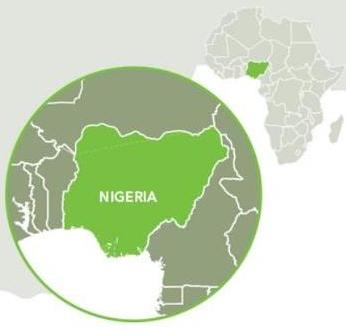
Divestment, not reform, to dominate Nigeria’s oil sector in 2022
2022 poses to be a very challenging year for Nigeria. Africa’s largest oil producer faces a race against time to implement reforms needed to bolster exploration and check declining oil production as it fights a wave of divestments from international oil companies.
The signing into law of the long-delayed energy legislation called the Petroleum Industry Act, previously known as the Petroleum Industry Bill, in August this year is not expected to bring the much-needed succor to the oil sector. Rather, Nigeria is likely to contend with a gale of divestments by major oil companies to reduce operating, security challenges and the huge costs of battling with the pandemic, industry officials and analysts told S&P Global Platts.
The landmark PIA was signed into law Aug. 16 and was expected to turn the state oil company Nigerian National Petroleum Corp. to a private company within six months in order to make it easier for the struggling company to raise funds for oil exploration and production. But impact of this bill has so far been barely felt.
Information Source: Read More
Oil and gas, press , | Energy, Climate, Renewable, Wind, Biomass, Sustainability, Oil Price, LPG, Solar,Electric

